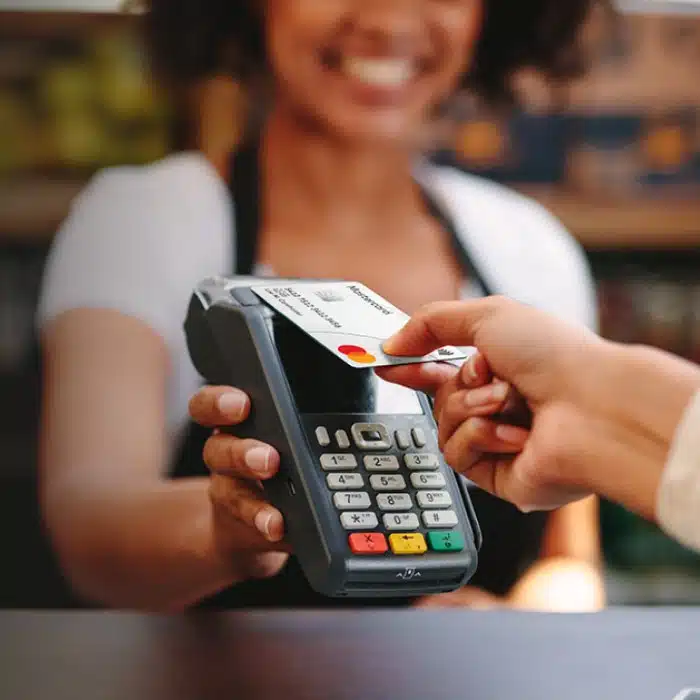Mastercard merchants will see a network fee increase later this month when Mastercard increases its Acquirer Brand Volume Fee from 0.13% to 0.14%, effective April 15.
The increase comes on the heels of last week’s settlement between Visa and Mastercard, on one hand, and merchants, on the other, in their years-long battle over interchange fees. The settlement is expected to cut merchants’ acceptance costs for the two major card brands.
The Acquirer Brand Volume Fee, also known as an assessment fee, applies to all credit and debit card transactions for merchants of all sizes and is expected to increase merchants’ network fees by $259.1 million annually, estimates the Merchants Payments Coalition, a trade group that advocates on behalf of sellers on card-acceptance costs.

The MPC learned of the increase from letters sent by two processors to their merchant clients detailing changes in Visa and Mastercard network fees. Those letters were shared with Digital Transactions News.
Mastercard, which confirms the increase, says the change in the fee structure is not related to interchange and is part of its ongoing efforts to fund network security.
“Later this month, a few pricing changes—completely unrelated to interchange—will go into effect for issuing and acquiring banks, having been shared with them last year,” a Mastercard spokesperson says by email. “All of the changes we announced to customers relate to delivering value and strengthening security for banks, business owners, and consumers.”
Not surprisingly, the fee increase is not being well-received by the MPC and its membership. “Merchants regularly see network fees increase and new ones raised,” says Doug Kantor, an MPC executive committee member and general counsel for the National Association of Convenience Stores.
“Most of the industry does not see last week’s settlement as a victory as it has a loophole that leaves the door open for Visa and Mastercard to raise network fees, which this is,” Kantor adds. “There will be a lot of anger and frustration from merchants over this. This increase just reinforces the experience merchants have had that, when it comes to network fees, they lose.”
Mastercard, however, counters that any forthcoming changes in network fees are related to investments in core systems, or in optional services such as merchant risk monitoring and “holistic merchant data insights to help reduce fraud,” according to the spokesperson.
While many merchants are sure to bristle at the assessment-fee increase, the bump is not likely to have a big financial impact on merchants, says Cliff Gray, a senior associate at TSG, an Omaha-based payments-research and advisory firm.
“The increase will move the needle for Mastercard based on the network’s volume, but it won’t move the needle that much for the average merchant,” Gray says.
While Gray agrees that merchants will object to the fee increase, regardless of how small it may be, he points out that network fees typically pay for building out the security of the card network and reducing fraud. “To build a secure network and operate it is not cheap, and network fees are part of the balancing act between security and the cost of acceptance that Mastercard is trying to strike,” Gray says.
Although merchants have the option to pass along acceptance costs to consumers, Mastercard says it hopes merchants will not do that with this fee increase.





